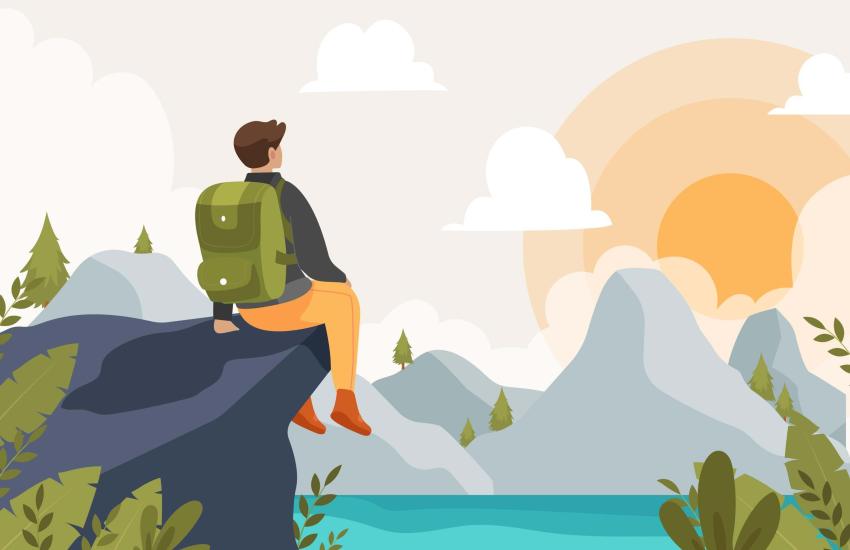Breadcrumb
-
Guidebook
-
Animals & wildlife
-
Embark on an Unforgettable Wildlife Conservation Adventure: Your Guide to Preparing for a Volunteer Trip
Embark on an Unforgettable Wildlife Conservation Adventure: Your Guide to Preparing for a Volunteer Trip

Embarking on a wildlife conservation volunteer trip is an extraordinary opportunity to contribute to the protection of our planet's precious wildlife. By thoroughly preparing for your adventure, you can maximize your impact and create lifelong memories. Remember to research your destination, understand project requirements, prioritize your health, pack smartly, learn about local customs, brush up on wildlife knowledge, prepare mentally and emotionally, and plan your finances. Get ready to embark on an adventure of a lifetime while making a positive difference in the world of conservation.
1. Research Your Destination
Begin by researching potential wildlife conservation destinations that align with your interests. Consider factors such as the species you want to work with, the location's cultural aspects, and the project's duration. Look for reputable organizations or conservation programs that prioritize ethical practices and have a positive track record.
2. Understand the Project Requirements
Each wildlife conservation project may have specific requirements and prerequisites. Read through the project's details to determine if you possess the necessary skills or qualifications. Some projects might require previous fieldwork experience, physical fitness, or specialized knowledge. Make sure you fulfill the prerequisites to ensure a smooth and enjoyable experience.
3. Consult Your Healthcare Provider
Before embarking on any adventure, it's crucial to consult your healthcare provider. They can provide valuable advice on necessary vaccinations, medications, and health precautions specific to your destination. Additionally, check if you require travel insurance that covers any potential health emergencies during your trip.
4. Pack Smartly
Proper packing is a key aspect of preparing for a wildlife conservation volunteer trip. It's crucial to take into account the climate and terrain of your destination when choosing clothing and gear. In hot and humid conditions, lightweight, moisture-wicking clothing is recommended, whereas layering is essential in colder climates. Include essentials such as a first-aid kit, sturdy hiking boots, a hat, sunscreen, bug repellent, and a reusable water bottle.
5. Learn About Local Customs and Language
Learn the local language and customs to maximize your experience and promote productive connections with the population. A few simple words and phrases in the native tongue can go a long way in building trust and demonstrating respect. To be sensitive to the needs and expectations of the local community, research cultural norms and traditions.
6. Brush Up on Wildlife Knowledge
While you don't need to be an expert, it's beneficial to have a basic understanding of the wildlife species you'll be working with. Learn about their habits, threats, and conservation status. This knowledge will enhance your overall experience and allow you to contribute effectively to the conservation efforts on site.
7. Prepare Mentally and Emotionally
Working in wildlife conservation can be emotionally challenging at times. Prepare yourself mentally and emotionally for the realities of the fieldwork. Understand that you may witness distressing situations or encounter animals in vulnerable conditions. Developing coping strategies and maintaining a positive mindset will help you navigate these situations with resilience and compassion.
8. Fundraising and Financial Planning
Many volunteer programs for wildlife conservation need to raise money to meet expenses. Make a budget, establish fundraising objectives, and investigate other ways to raise money, such as using crowdfunding websites or asking nearby companies for sponsorship. Prepare a budget for your travel, lodging, food, and any other program-related costs.

